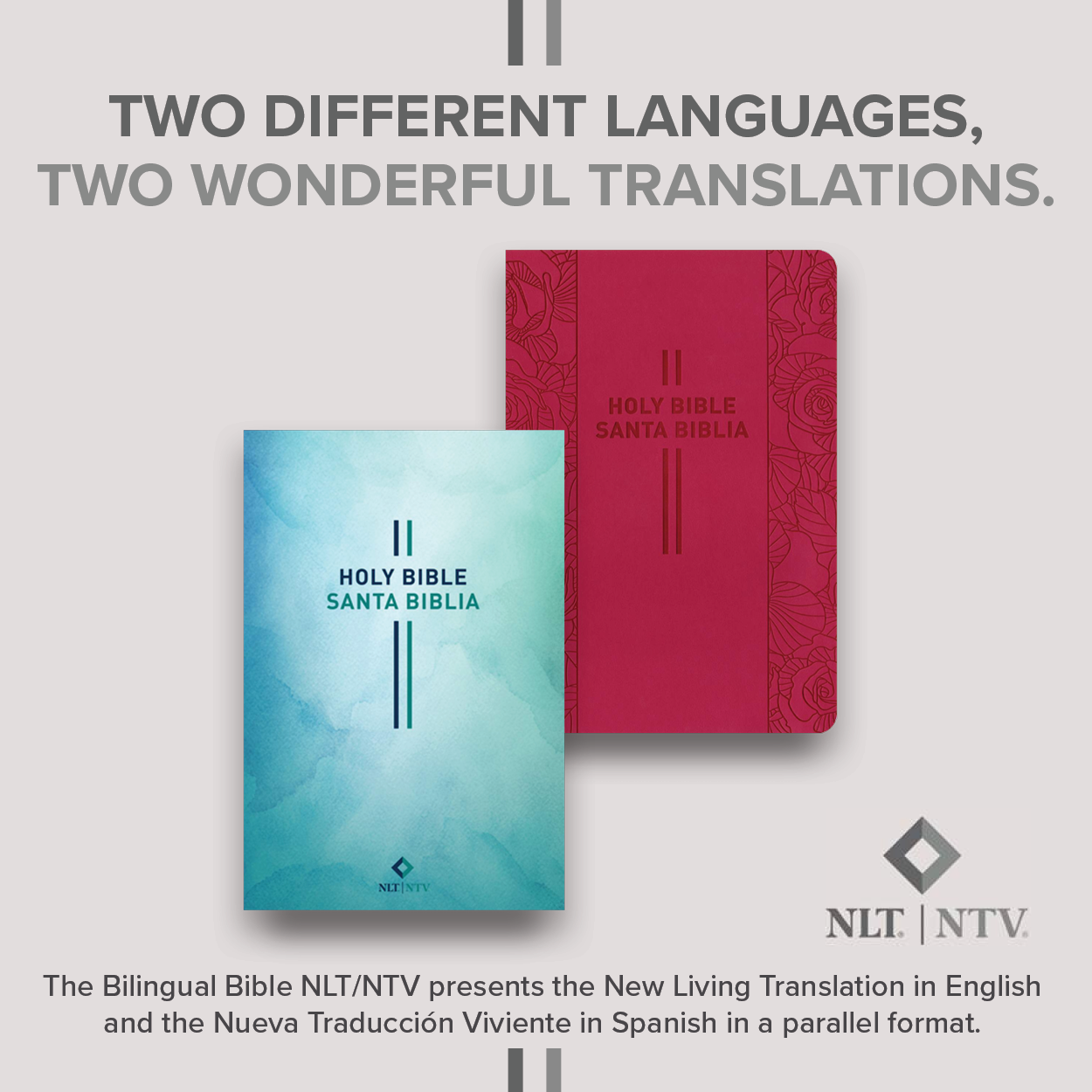U.S. Catholic is happy to consider pitches and unsolicited submissions. Due to the high volume of submissions, it may take at least six to eight weeks for a manuscript to receive a response. To familiarize yourself with the kinds of articles published by U.S. Catholic, please spend some time browsing our issue archive and website.
Please note that the editorial calendar is planned well in advance, so article ideas should be submitted at least six months before they would appear in the magazine. U.S. Catholic does not consider submissions that have simultaneously been sent to any other publication or that have appeared elsewhere in any form, either in print or online. This includes articles published on personal blogs or excerpts from books, published or unpublished.
U.S. Catholic offers financial compensation for both commissioned and on spec content.
Print Submissions
FEATURE ARTICLES cover current trends and issues both in and out of the church, putting a faith perspective on topics of concern to everyday Catholics. Feature articles in U.S. Catholic cover a wide range of topics, such as family life, education, economics, science, immigration, social justice, the environment, and parish life. Features range in length from 2,500 to 3,500 words. Our feature stories aim to go beyond basic reporting by offering analysis and interpretation of the issues, including a wide range of sources who can offer different takes on the topic and represent all sides. All articles should have an explicit religious dimension, enabling readers to see the interaction between their faith and the issue at hand. With features it is best to submit a pitch letter rather than a completed article.
ESSAYS range from 800 to 1,600 words and present thoughtful reflections or opinions on concerns Catholics face in everyday life. We look for new or different takes on a familiar issue or topics that are not often presented from a faith perspective.
SOUNDING BOARDS are opinion pieces on an issue of importance to Catholics in which the author argues one side of a many-sided subject and outlines a plan of action. The more strongly argued, the better. Articles are roughly 1,400 words. Previous examples can be found here.
In PRACTICING CATHOLIC, the author reflects on the meaning of a particular prayer practice; the column covers practices both traditional (such as praying the rosary or making a pilgrimage) and unexpected (such as gardening, knitting, or dishwashing). The article includes both a personal reflection on the author’s own prayer life, as well as a dialogue with writers, theologians, and other experts on the importance of the practice and the universal value for other Catholics. The piece IS NOT primarily a description of the history or the practice, nor is it simply a personal anecdote of someone’s own prayer life. Length is about 1,100 words, with a short sidebar on some aspect of the practice. This column appears four times a year. Previous examples can be found here.
In an ORDINARY TIMES essay, the author reflects on a specific personal experience that shapes their sense of spirituality and identity. Unlike in Practicing Catholic, these experiences don’t have to be a specific prayer practice, but the essays should focus on an everyday experience that reveals deeper meaning into how the author understands themselves and their relationship with God. Examples may include things like tattoos, choosing to wear secondhand clothes, spending time outdoors, or other aspects of daily life. The essay should move beyond description and personal reflection to draw larger insights for readers. How might this subject speak to common questions of faith and the search for meaning? What can others learn from the story about the spiritual dimension of ordinary life? These essays are not simply personal anecdotes nor abstract theological reflections, but rather combine personal storytelling with thoughtful analysis that helps readers see the universal significance of a particular experience.
IN PERSON are profiles of contemporary Catholics and how they are living their faith in today’s world. Generally we do not feature priests or men and women religious, but lay Catholics who are working outside the church. An In Person profile is not a biography of the subject but rather a brief essay that illustrates, through personal details and events in the subject’s life, the personality, importance, and faith of the subject. These profiles are approximately 800 words and include a pull-out box with two to six “quick-take” questions. This department appears four times per year. Previous examples can be found here.
In a WISE GUIDES essay, the author introduces a spiritually significant, non-living individual from the Catholic tradition and gives a personal account of why their spirituality is meaningful today. The significant individual can be a saint from long ago or a well-known historical figure. The author should provide readers with pertinent biographical information on the subject while explaining with personal anecdotes how the subject has been a guide for the author and can be a guide to all Catholics today. The author should have a personal connection with the subject and be able to highlight a unique aspect of their spirituality with which readers can also resonate. Length is 1,100 words plus at least 2 quotes from the subject. Wise Guides appears four times per year. Previous examples can be found here.
A HOME FAITH essay reflects on the spirituality of family life in a broad sense. While many past columns have focused on parenting, Home Faith is not limited to subjects around parents and children. Writers are encouraged to consider family across generations and in many different forms: siblings, grandparents, chosen family, household communities, etc. Each essay should explore how faith and spirituality take root in these myriad relationships. Each essay should begin with a concrete experience of family life, but must move beyond anecdotes. The strongest Home Faith essays connect personal experience to universal experience, showing how ordinary family life illuminates broader questions about spirituality, theology, and what it means to be human. Writers should engage with sources beyond their own story: scripture, theology, cultural references, and other expert voices that help frame their own story in a wider context. Previous examples can be found here.
GLAD YOU ASKED is a brief monthly article that presents an informed and enlightened response to a basic question of Catholic doctrine, history, identity, and/or pastoral practice. Responding to the need of Catholics today for solid information about their church, GYA does not assume prior knowledge or preconceived notions on the part of readers but only the desire of people to understand more about the church and its tradition. The article begins with a straightforward question such as “Why does Lent have 40 days?” and offers a answer that, while not comprehensive, enlightens and intrigues readers. Length is 500 words. Previous examples can be found here.
REVIEWS summarize and critique a book (generally nonfiction), movie, or musical work. The content of the work does not have to be specifically religious. Reviews should provide a brief summary of content and critique. Length is 315 words.
Submissions of original unpublished POETRY are welcome. Poems do not have to be religious and there are no restrictions on subject matter or form, though we will not consider any work that contains hate speech, and prefer poems that are between 10 and 30 lines. We are looking for high quality, powerful poems that will evoke a strong response from readers. Please send no fewer than 3 and no more than 6 poems, in a Word document, for consideration.
U.S. Catholic does NOT accept submissions to the following departments and columns:
The Examined Life, Salt & Light, Expert Witness, Testaments, Culture in Context, Margin Notes, or Eye of the Beholder.
Digital Submissions
We encourage submissions for ONLINE PUBLICATION. We look for the following in online submissions:
- Timely: Our website aims to address current events, recent developments, and general trends that are on the minds of our readers. Submissions should offer a fresh and interesting take on a topic that is relevant to our audience, but should not simply offer a recap of recent events.
- Accessible: Authors should aim to reach a wide audience with their writing style, using a conversational tone rather than a scholarly or academic approach.
- Unpublished: U.S. Catholic will not consider submissions that have already appeared on other websites or blogs or in print publications.
If you are interested in writing for U.S. Catholic for print or online publication, please email your submission to submissions@uscatholic.org.









